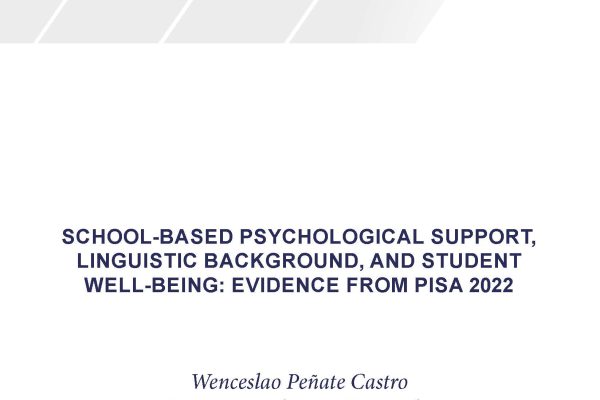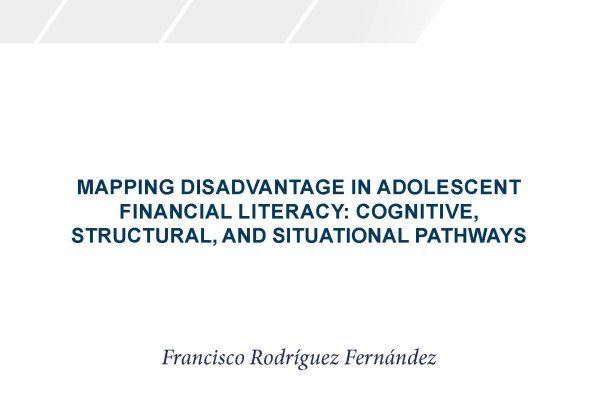MODIFICACIONAUTORES
School-Based Psychological Support, Linguistic Background,and Student Well-Being: Evidence from PISA 2022
We use data from 310,000 students from the 2022 PISA report for 64 countries to show that schools with psychological support services (such as school counselors/guidance counselors) have students with greater well-being. Having at least one school counselor was associated with greater life satisfaction among students (a small but significant positive effect) and a 12% lower likelihood of high academic anxiety than average. Likewise, having regular guidance or wellness classes slightly increased life satisfaction. Using advanced analysis techniques (causal machine learning), it was estimated that these school supports cause real improvements in well-being. For example, the availability of a specialized counselor could slightly increase (e.g., +0.08 points on a 0–10 scale) average life satisfaction and reduce the proportion of students with high anxiety by ~7 percentage points (e.g., from 35% to 28%). The positive effects are more pronounced among disadvantaged students. Those from low socioeconomic backgrounds or who do not speak the language of instruction at home showed almost twice as large improvements in well-being with the presence of school psychological support, compared to their more advantaged peers. This underscores that support at school can reduce well-being gaps.



